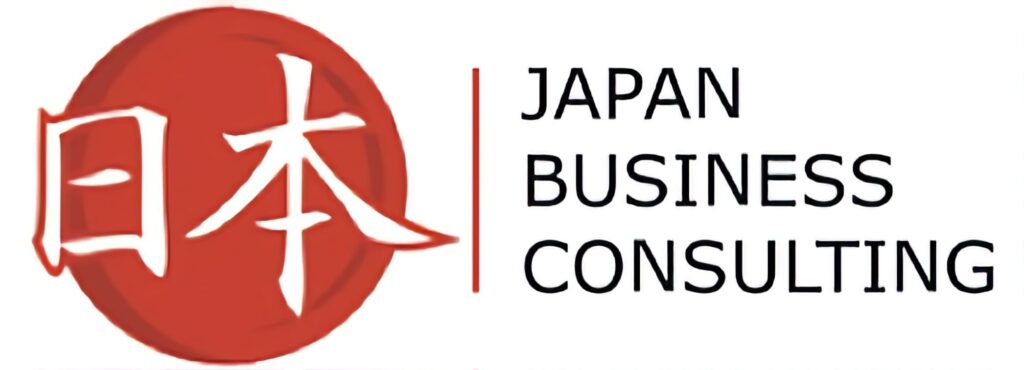Negotiating With Japanese Companies
Written by Erich Ahorner

During my time as an employee in the corporate world and afterward as a consultant working for my clients’ interests, I had the opportunity to participate in various negotiation meetings.
Usually, when you sit across the table from the Japanese side (or nowadays rather see them on the screen in an online meeting) you assume they are all on the same page and share the same position. That may not be the case. Often, the people in the same group are representing various interests that might be impacted by the negotiation. Some of these people won’t want the deal to proceed, because it changes the current arrangements. They don’t want that to happen.
The circular letter ‘ringi seido’ system, in which people apply their carved stamp or personal seal called ‘Hanko’ to a document to signify they have read and approved it, means that decision-making is much more dispersed in Japan compared with western countries.
If you do not have a Japanese speaker on your team, do not rely on the client-side to provide the interpreter for you. Bring your own. They will be able to give you valuable feedback on how they feel the other side is thinking about your proposal, what dynamics are driving the group, what their body language is saying, etc.
To successfully gather this information, you need to brief the interpreter in detail on what you want. Because they are rarely business people themselves, they won’t necessarily know what to look for if you don’t tell them.
Don’t imagine that a good English speaker on the other side is your friend, or that they have much power inside the other team. They usually won’t have much impact on the final decision but we tend to gravitate toward them because we can easily communicate with them. They work for the other side. Their careers are with the other side. Never forget that when you’re getting nice and friendly with them.
Don’t go in at your best price in an attempt to be competitive. The Japanese side will see that as a starting point from which they will try to negotiate the price down further. Come in with a good price and always have a trade-off between price and other things, such as warranties, volumes, service, and timing of payment.
Determine your BATNA (best alternative to a negotiated agreement) or your walk-away position in advance. Don’t imagine that by going super low in the pricing you will be able to walk the price back up. It won’t happen very easily. That low number will be the number and it won’t rise. No matter how much you try to condition the buying side to understand that this low price is a
one-off – a special, once only offer – they will ignore all that and just focus on the lowball number you have agreed to. They will keep that number as the price and then try and drive you down from there.
Don’t expect to easily impose a sense of urgency. Time might be a negotiating tactic, but they have plenty of time on their side. Japanese buyers are risk-averse, and they feel no pressure.
If you try that tactic, they might assume you’re under pressure to get a deal, so they will try to use the same tactic against you.
If they ask you until when you need to know their reply, tell them that you are talking to some other options, and that you do have a plan for this fiscal year, but that there’s no urgency. With Japanese, you will need as much flexibility as possible to get yourself into a good position. Also, getting a deal in a single meeting is unlikely. You will need to have several meetings in which you will be tested on how knowledgeable and flexible you are, all with the purpose of building a relationship of trust to finally cement a deal. Keep the contact and answer all questions as fast and detailed as possible, because this shows your commitment and reliability.
If you have to walk away from a negotiation, then do so. There are many players in all industries in Japan, and they are not all concentrated in Tokyo. You will find sizable companies outside of metropolitan Tokyo in Japan’s 47 prefectures, and there are always great business opportunities in the local market. Depending on your industry, you can build a business over time – prefecture by prefecture – and not even have to worry about doing a deal in Tokyo.
If you want to learn more about how to position your business and negotiate a good deal in Japan, check out the case study here:

Erich Ahorner
Erich Ahorner helps people enter the Japanese market and grow their businesses. He is an expert at helping people with market entry using online and offline methods and trying to break down necessary steps to make things simple to understand. If you're interested in growing your business or entering a new market to and increase sales then definitely reach out and request a free strategy session today.
Menu
